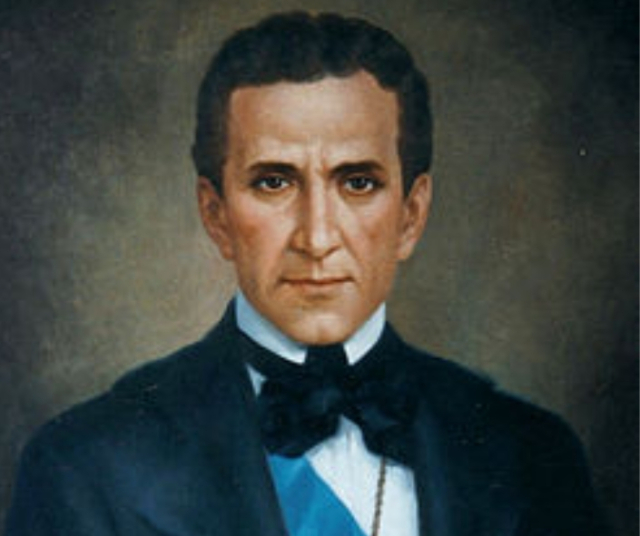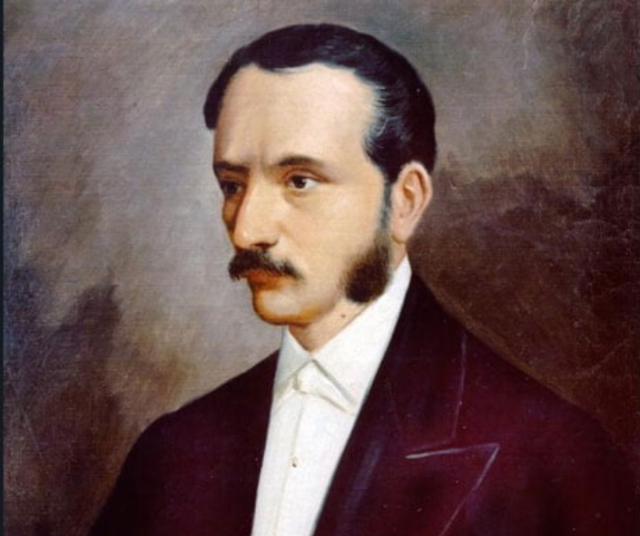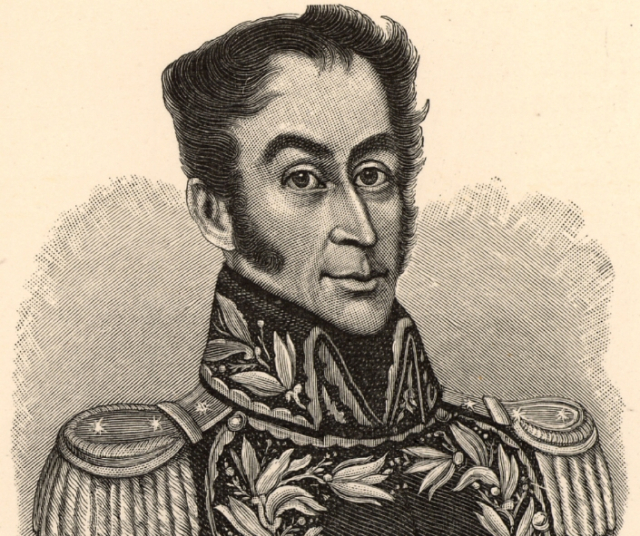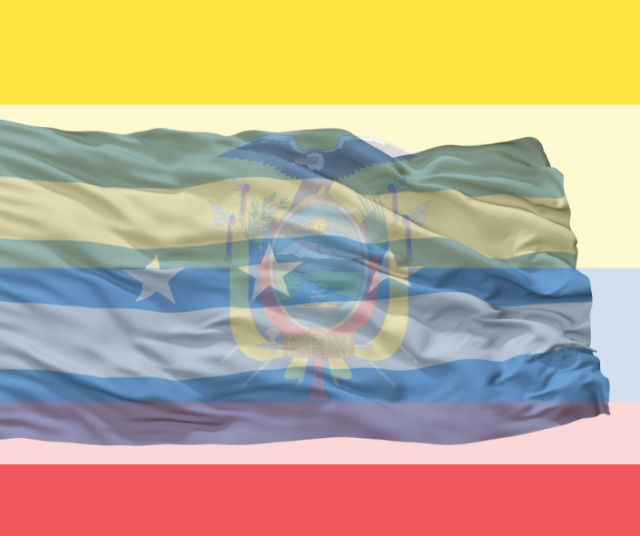The Independence of Guayaquil is one of the most significant events in the history of Ecuador. It marked the beginning of emancipation from Spanish rule in the region and paved the way for the creation of the Republic of Ecuador. In this article, we will explore in detail how this important event occurred, who its main characters were, and why it is celebrated in Ecuador to this day.
Historical background.
To fully understand the meaning of Guayaquil's independence, it is essential to contextualize the historical events that led to this event. For centuries, Ecuador was part of the vast Spanish colonial empire in South America. However, in the late 18th and early 19th centuries, independence fervor began to spread throughout the region, inspired by the ideas of liberty, equality, and fraternity that emanated from the French Revolution and the Independence of the United States.
In Ecuador, the independence movement gained strength as dissatisfaction with the Spanish colonial government and the search for autonomy and self-determination by local criollos and mestizos grew. This sentiment was fueled by factors such as economic exploitation, racial discrimination, and trade restrictions imposed by the Spanish trade monopoly.
The Quito revolution and the Guayaquil uprising.
One of the first significant attempts at independence in Ecuador was the Quito Revolution in 1809. Led by criollos and mestizos, this revolt sought to overthrow the Spanish colonial government in the Royal Court of Quito and establish an autonomous government. Although the revolt initially met with some success, it was quickly put down by Spanish royalist forces, and its leaders were executed or exiled.
However, the independence fervor would not be extinguished easily. In 1820, the independence movement resurfaced in the coastal city of Guayaquil, then part of the Viceroyalty of Peru. Local leaders, such as José Joaquín de Olmedo and José de Antepara, along with influential figures such as the Venezuelan Simón Bolívar, devised a plan to liberate Guayaquil from Spanish rule.
On October 9, 1820, the independence forces, composed of Creoles, mestizos and some indigenous people, took up arms against the Spanish authorities in Guayaquil. The city declared itself in rebellion and proclaimed its independence from Spain, becoming the first Ecuadorian territory to do so.
Main characters of the independence of Guayaquil.
José Joaquín de Olmedo.

José Joaquín de Olmedo was one of the prominent leaders of the independence of Guayaquil. Born in 1780 in Guayaquil, Olmedo was a prominent poet and politician who played a crucial role in Ecuador's fight for independence. As a member of the Guayaquil council, he was one of the main drivers of the rebellion against Spanish rule in the city.
José de Antepara.

José de Antepara, another prominent Guayaquil independence leader, was an influential politician and military man who played a key role in the organization and execution of the independence uprising. Antepara was one of the first to advocate for Guayaquil's independence and worked tirelessly to gather support and resources for the cause.
Simon Bolivar.

While not a direct player in the independence of Guayaquil, Simón Bolívar, the South American independence leader known as the Liberator, played a significant role in the independence movement throughout Latin America. Bolívar provided political and military support to Guayaquil's independence leaders and played a crucial role in the creation of Gran Colombia, which included Ecuador.
Importance and celebration in Ecuador.
The independence of Guayaquil is celebrated every year on October 9 in Ecuador as a national holiday. This date commemorates the courage and determination of the leaders and citizens who fought for the city's freedom and independence from Spanish rule. The celebration includes parades, civic ceremonies, cultural events and educational activities that remember and honor the legacy of the heroes of independence.
The independence of Guayaquil is more than just a date on the calendar; It is a symbol of the struggle of the Ecuadorian people for freedom and self-determination. It serves as a reminder of the sacrifices made by those who came before us and inspires us to uphold the values of democracy, justice and equality that we value so much as a society.
Reflections on the independence of Guayaquil.
The independence of Guayaquil is a historical milestone that transcends time and space. It not only marks the beginning of a new era for Ecuador, but also represents the resistance and courage of the Ecuadorian people in the face of oppression and injustice. In a world where freedom and autonomy are fundamental rights, the Independence of Guayaquil reminds us of the importance of defending these principles with courage and determination.
Ultimately, the Independence of Guayaquil teaches us that the fight for freedom is a collective enterprise that requires the commitment and solidarity of all citizens. Through the example of independence heroes and leaders, we are inspired to work together to build a more just and equitable future for generations to come. Thus, the celebration of the Independence of Guayaquil not only honors the past, but also propels us towards a future of hope and progress for all Ecuadorians.
